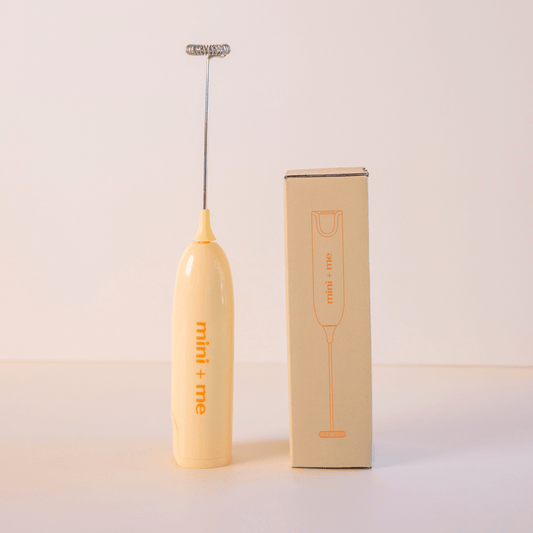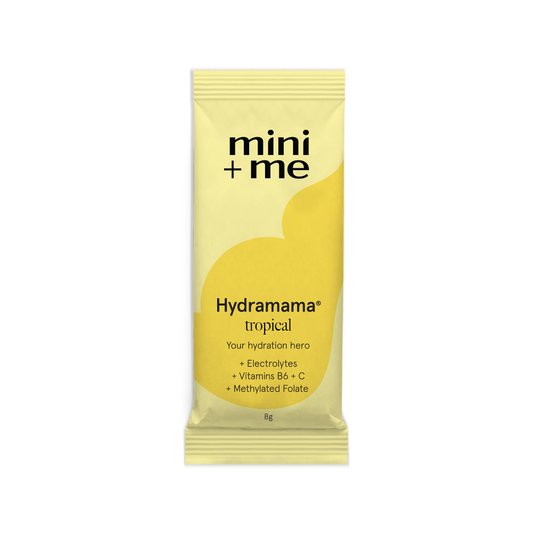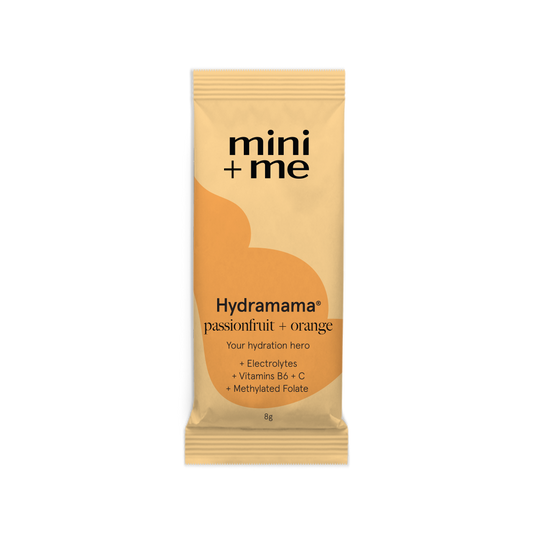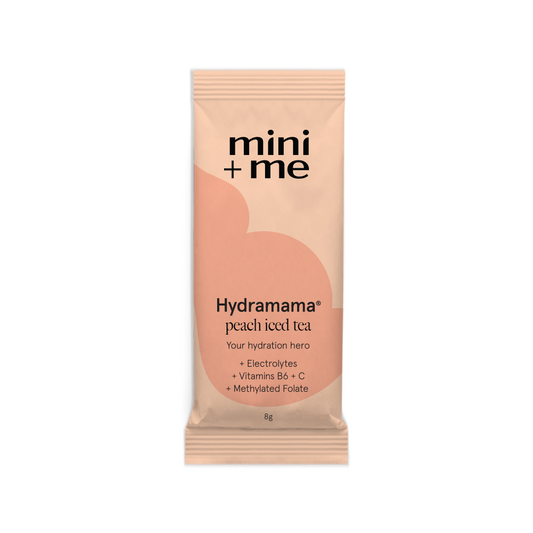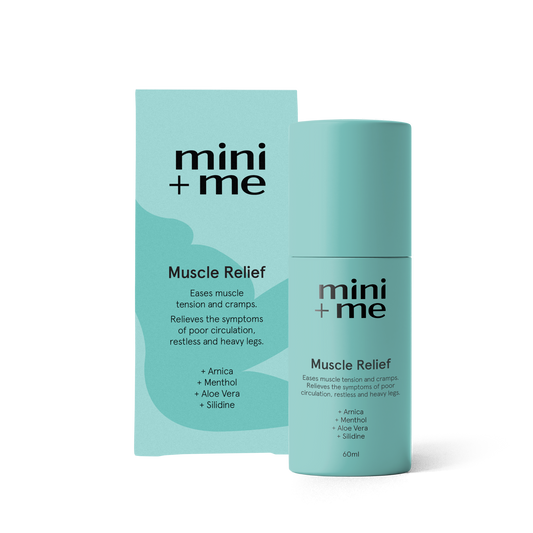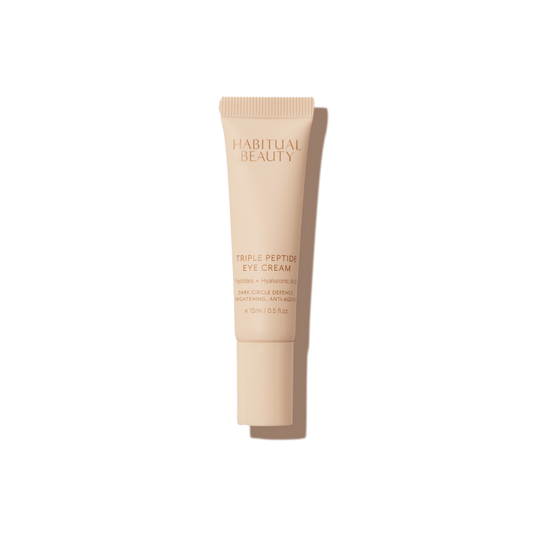Can I Have Coffee During Pregnancy and Breastfeeding?
Yes. You can still enjoy coffee and other caffeine-containing drinks during pregnancy and breastfeeding, but moderation matters.
Caffeine is a stimulant that crosses the placenta during pregnancy and can also pass into breastmilk after birth. That doesn’t mean it’s unsafe, but there are recommended daily limits to help reduce any risks to your baby’s development and wellbeing.
How Much Caffeine Is Safe During Pregnancy?
According to the Royal Australian and New Zealand College of Obstetricians and Gynaecologists (RANZCOG) and international authorities, it’s recommended that pregnant people limit caffeine intake to less than 200 mg per day.
This is based on studies suggesting that high caffeine intake may be associated with:
• Increased risk of miscarriage
• Low birth weight or fetal growth restriction
• Possible developmental effects later in life
It’s important to note that most of these risks have been observed with high doses, often well above the recommended limit.
How Much Is 200 mg of Caffeine?
Here’s a rough guide to caffeine content in common drinks:
|
Beverage |
Approximate Caffeine per Serve |
|
Espresso shot (30 mL) |
75–100 mg |
|
Instant coffee (1 tsp) |
60–80 mg |
|
Cappuccino/latte (1 cup) |
100–120 mg |
|
Black tea (1 cup) |
30–50 mg |
|
Green tea (1 cup) |
20–45 mg |
|
Cola (375 mL can) |
40 mg |
|
Energy drink (250 mL) |
80 mg or more |
|
Dark chocolate (50 g) |
20–40 mg |
In pregnancy: One regular-sized barista coffee or two instant coffees per day is usually within safe limits. Be mindful of hidden caffeine sources like tea, chocolate, and soft drinks.
What About Caffeine While Breastfeeding?
Caffeine does pass into breastmilk but usually in very small amounts. Research shows that moderate intake (up to 300 mg/day) is generally safe and unlikely to affect most babies, particularly beyond the newborn stage.
However, some very young or sensitive babies may be more reactive to caffeine, especially in the first few months when their liver is still maturing. Signs of sensitivity might include:
• Irritability or wakefulness
• Trouble settling after feeds
• Increased wind or unsettled behaviour
If you suspect caffeine may be affecting your baby, consider reducing your intake or switching to earlier in the day. Most babies tolerate caffeine well once they’re a few months old.
How Much Caffeine Is Safe While Breastfeeding?
Current guidelines suggest that breastfeeding parents can safely consume up to 300 mg of caffeine per day, which is:
• About 2 espresso coffees, or
• 3 – 4 cups of tea, or
• A mix of coffee, tea, and small amounts from other sources
Tips for Enjoying Caffeine Mindfully
• Hydrate first: Start your morning with Hydramama before reaching for coffee. It helps replenish electrolytes and supports steady energy.
• Space it out: Have one cup in the morning and one later if needed, rather than back-to-back.
• Know your body: If caffeine makes you feel jittery, anxious, or disrupts your sleep, consider cutting back.
• Be aware of all sources: Especially chocolate, energy drinks, and some medications.
• Try alternatives: Decaf, rooibos tea, dandelion lattes, or chicory blends can offer a similar ritual without the buzz.
• Time it wisely when breastfeeding: Caffeine peaks in breastmilk 1–2 hours after consumption, so if your baby is sensitive, consider timing it after a feed.
What the Research Says
• A 2020 meta-analysis found a link between high maternal caffeine intake (>300 mg/day) and low birth weight and pregnancy loss, but no consistent evidence of harm below 200 mg/day.
• A 2022 study in BMJ Evidence-Based Medicine sparked discussion by suggesting that no safe level could be guaranteed — but this remains controversial, and many experts continue to support the 200 mg/day guideline as a practical, evidence-based limit.
• Breastfeeding studies show that caffeine peaks in breastmilk 1–2 hours after consumption and only about 1% of the maternal dose is transferred, making moderate intake low-risk for most babies.
You don’t need to give up your morning coffee, just be mindful of how much caffeine you’re consuming and how your body (and baby) responds.
Whether you’re pregnant or breastfeeding, it’s okay to ask questions, shift your habits, or keep your favourite rituals with small adjustments.
Moderation, not restriction, is the key.
Cart is Empty
Your Cart is Empty
- Choosing a selection results in a full page refresh.
- Opens in a new window.





